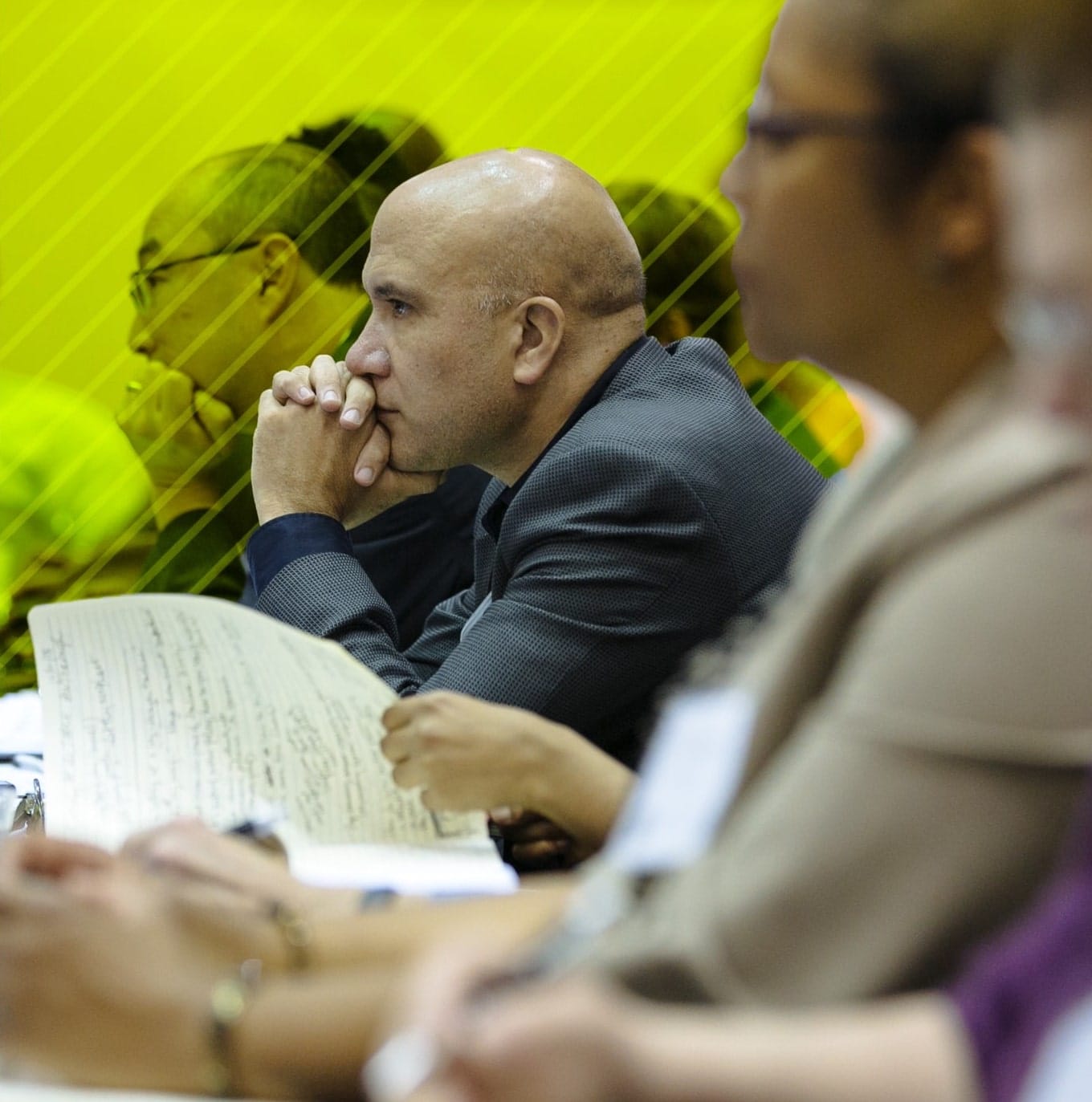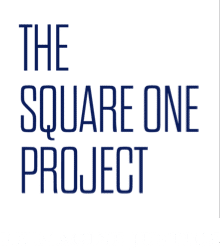Racial Justice and Abolition Democracy: An Action Curriculum for A Just Society
Overview
Institutions of higher education have a responsibility to redress the gross racial injustices that today permeate our society—injustices that they themselves have contributed to over past decades and centuries. Far too often, these institutions talk about racial injustice and even teach about it, but do not concretely work with community partners to actually redress the patterns and practices of racial discrimination.
In collaboration with community-based organizations and higher-educational institutions across the country, the Square One Project and the Initiative for a Just Society have come together to establish the Racial Justice and Abolition Democracy Project (RJAD), a prototype for a national upper-division action-oriented multi-disciplinary curricular program in the humanities, arts, social sciences, public policy, and law. The RJAD curriculum will be designed, developed, and tested collaboratively with community and higher-educational partners and a dedicated, diverse team of scholars at Columbia University. The narrative-changing work of Square One and the practice-oriented justice engagement and abolition democracy work of the Initiative for a Just Society will be part of the curriculum, informing its development and providing opportunities for students and the community.
Through this process, we hope to demonstrate that justice and education are twin pillars for a strong democracy. The endeavor will demonstrate how the humanities and arts can be integrated with the social sciences, public policy, and law in order to create a more socially just future and contribute to the public’s understanding of the centrality of the liberal arts in the project of justice.
About the Curriculum
The Racial Justice and Abolition Democracy curriculum will be available for adoption, adaptation, and use across the nation in universities and colleges, prisons, and community settings. The curriculum will include a cluster of academic and clinical courses and experiential learning opportunities, with full syllabi and teaching materials, including online teaching resources (videos, lectures, lesson plans) and several MOOCs (“massive open online courses”), all of which will be developed, designed, and tested collaboratively at partner organizations and institutions. Working with a large network of existing partners at the Square One Project and the Initiative for a Just Society, the project will design and provide teaching material that will be suitable for advanced undergraduates or a one-year master’s degree spanning the humanities, arts, social sciences, policy, and law. Many of the courses developed for the curriculum will have a practical or clinical component to them, allowing students to combine theory and practice.


Advisory Board
The Racial Justice and Abolition Democracy Project is honored to work closely with a unique national advisory board that brings together academic and community leaders from organizations and institutions around the country. The advisory board includes the following members: Vivian D. Nixon, the Executive Director of College & Community Fellowship (CCF), a nonprofit dedicated to helping women with criminal convictions earn college degrees; Lorraine C. Taylor, a professor in the Department of Criminal Justice and the Executive Director of the Juvenile Justice Institute at North Carolina Central University in Durham, North Carolina; Barbara L. Jones, the Community Dispute Resolution Specialist and Faculty Instructor for the Center for Peace and Conflict Studies Program at Wayne State University in Detroit, Michigan; Pastor Michael McBride (known as “Pastor Mike”), National Director for Urban Strategies and the LIVE FREE campaign; and Jason Seals, the Department Chair of Ethnic Studies and Professor of African American Studies at Merritt College in Oakland, California.
"The road to racial justice in America runs through the police and prisons, but it is about much more than just ending mass incarceration. It’s about what we build in its place, including true educational equity. The Racial Justice and Abolition Democracy Project will bring together community representatives, students, and faculty to interrogate these questions."
Professor Bruce Western, Racial Justice and Abolition Democracy Curriculum Co-Leader
